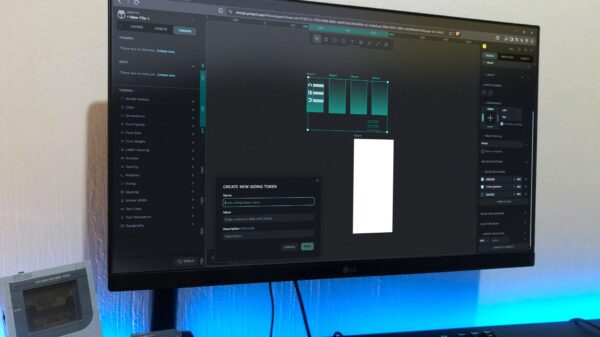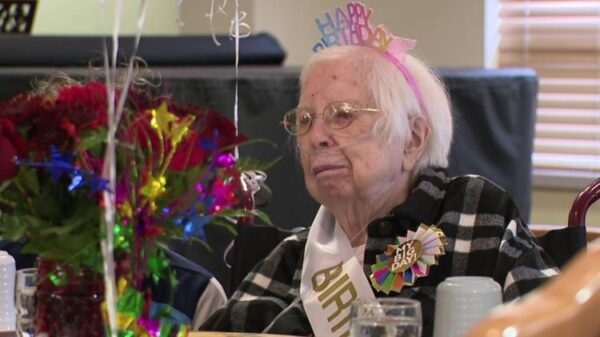UPDATE: A California woman has been sentenced to over eight years in prison for her attempted assassination of U.S. Supreme Court Justice Brett Kavanaugh. The sentence was handed down on Friday by U.S. District Judge Deborah Boardman, who noted the penalty was significantly less than the 30 years sought by prosecutors.
Sophie Roske, previously known as Nicholas Roske, was arrested on June 8, 2022, after arriving at Kavanaugh’s residence in Chevy Chase, Maryland, armed with a pistol, a knife, and burglary tools. Despite the serious nature of her crime, Judge Boardman imposed a sentence of eight years and one month, followed by a lifetime of court supervision.
The court heard that Roske, then 26, approached Kavanaugh’s home just after 1 a.m. but turned back upon noticing U.S. Marshals on guard. Instead, she called 911, revealing her suicidal and homicidal thoughts and seeking psychiatric help. Judge Boardman described Roske’s actions as “reprehensible” but acknowledged her decision to abandon the assassination attempt before law enforcement intervened.
Roske expressed remorse in court, apologizing to Kavanaugh and his family for the stress caused by her actions. “I have been portrayed as a monster,” she said, reflecting on her “tragic mistake.” The judge emphasized that Kavanaugh, while a Supreme Court Justice, is also a human being, and the threat posed by Roske had real consequences.
The FBI affidavit indicated that Roske was motivated by anger over a leaked draft opinion regarding the potential overturning of Roe v. Wade and the Uvalde school shooting. Roske had expressed a desire to kill justices, believing that such actions could influence Supreme Court decisions for decades.
The case highlights a growing trend of political violence in America. Reports indicate that threats against federal judges have quadrupled from 926 incidents in 2015 to 4,511 in 2021. Roske’s actions, prosecutors argued, represent a severe threat to the judicial system and the U.S. Constitution.
Defense attorneys portrayed Roske as a troubled individual grappling with mental illness and her identity as a transgender woman. They requested a lighter sentence of eight years, arguing that her actions stemmed from untreated mental health issues and isolation. Roske has since resumed gender-affirming care while incarcerated.
Both Roske and her parents expressed regret during the sentencing. Her father, Vernon Roske, admitted to failing to address his daughter’s struggles adequately, wishing he had sought better care for her.
As this case underscores the urgent need for mental health support and the dangers of political extremism, attention now turns to how the judicial system will address such threats in the future. This incident serves as a stark reminder of the fine line between political dissent and violent action in today’s polarized climate.
Stay tuned for further updates on this developing story.








































































